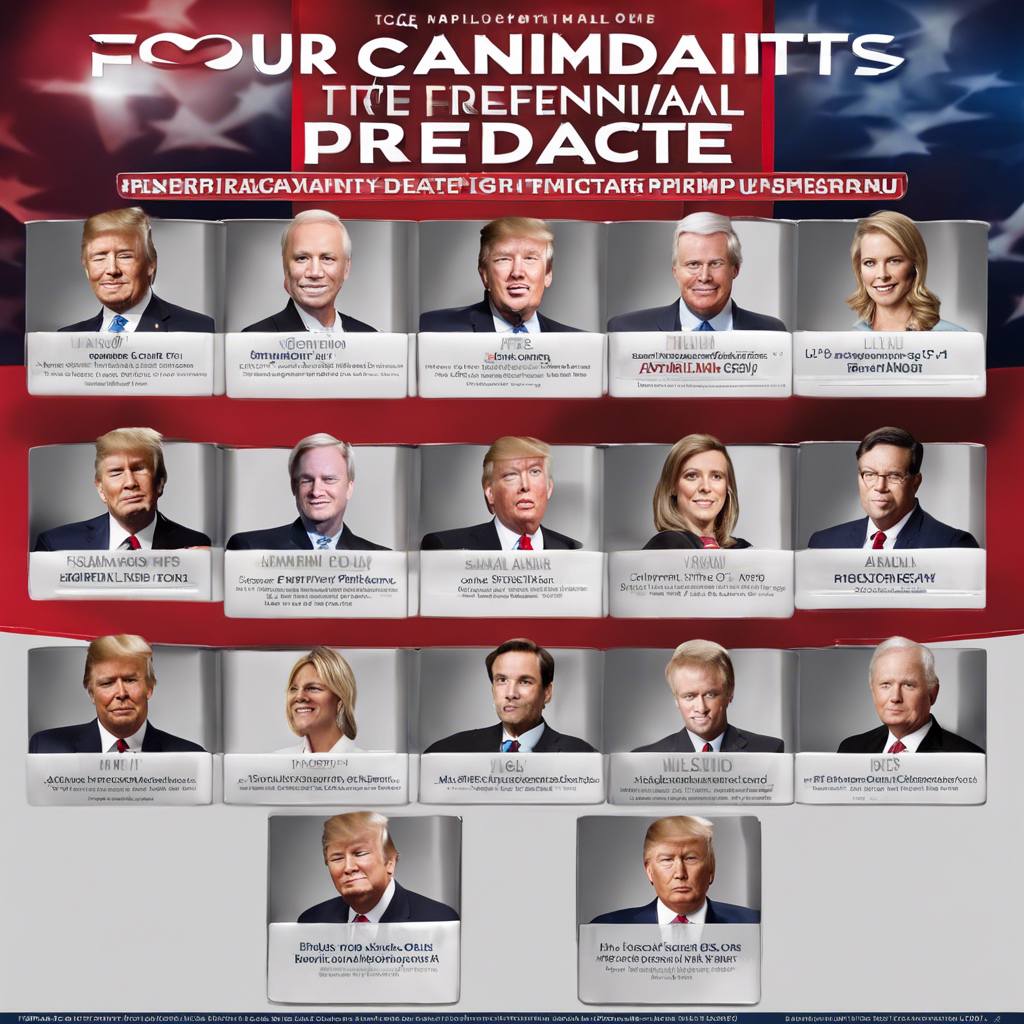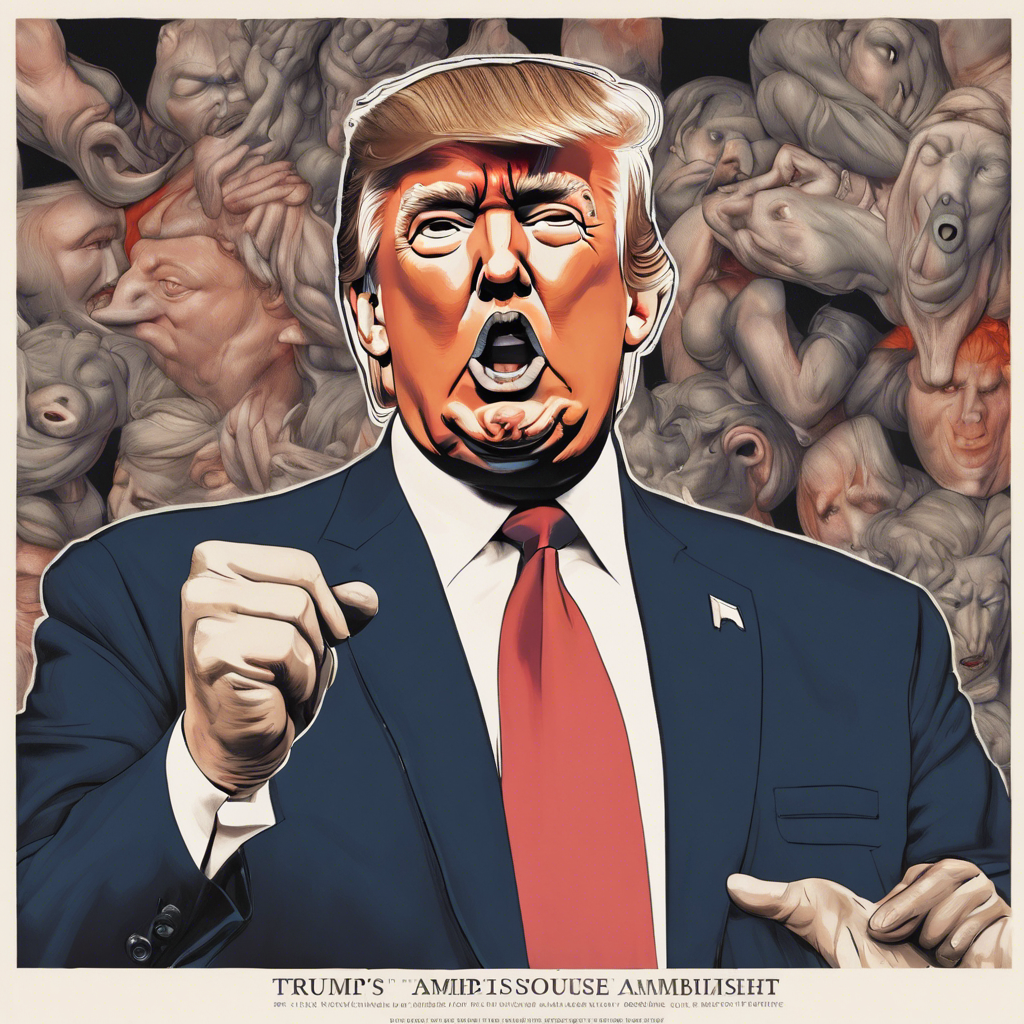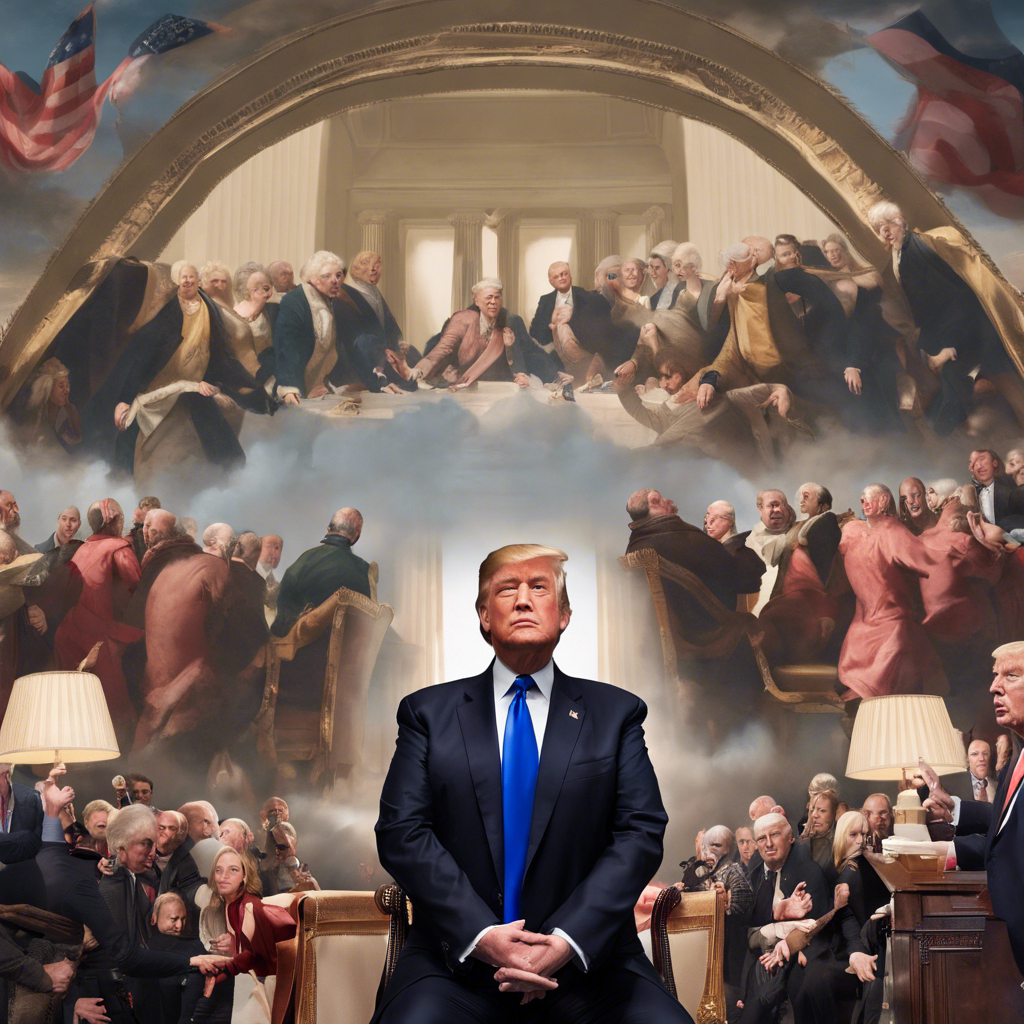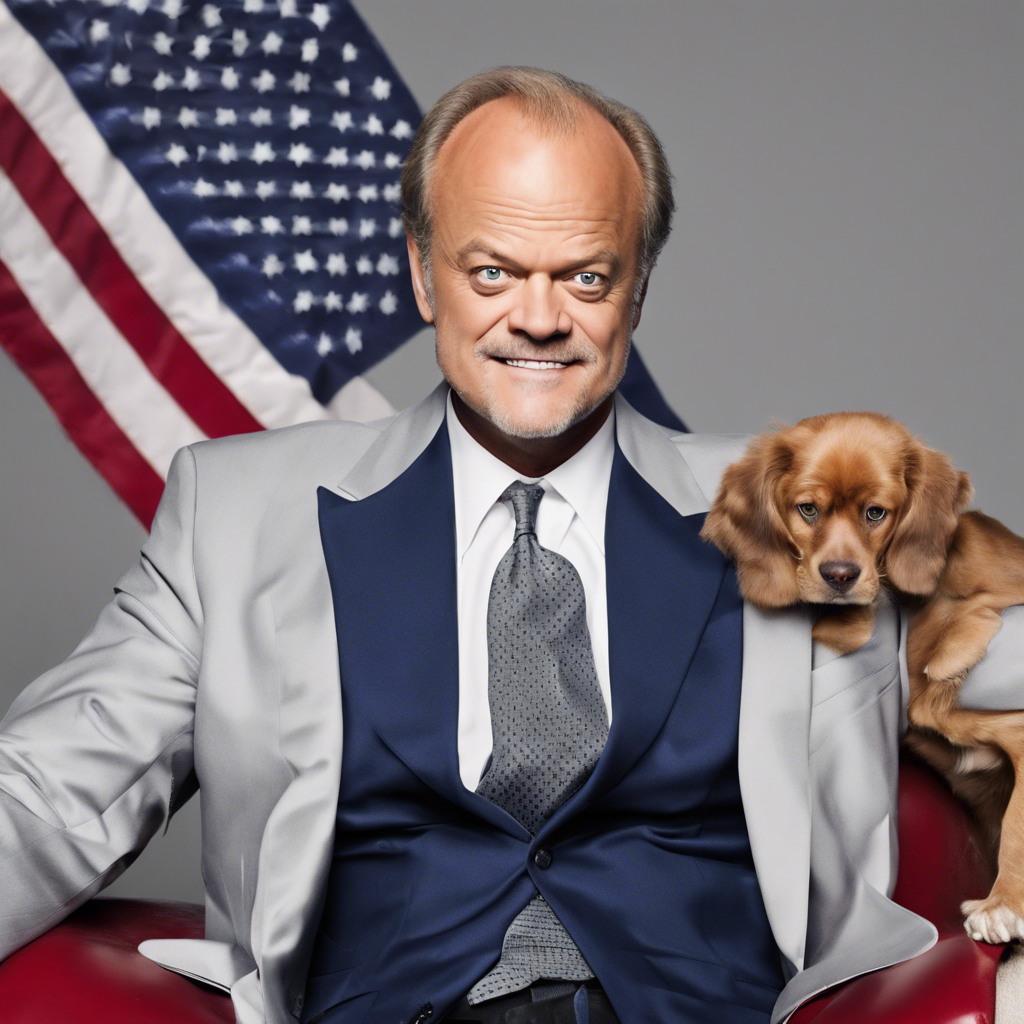Four Candidates Qualify for Fourth GOP Presidential Primary Debate, Trump Absent

DeSantis, Haley, Ramaswamy, and Christie to Face Off in Alabama Debate
Four candidates have officially qualified for the fourth GOP presidential primary debate, set to take place in Alabama. The Republican National Committee and debate broadcaster NewsNation announced the lineup, consisting of Florida Governor Ron DeSantis, former South Carolina Governor Nikki Haley, entrepreneur Vivek Ramaswamy, and former New Jersey Governor Chris Christie. Notably absent from the debate will be former President Donald Trump, the frontrunner for the GOP nomination, who has chosen to skip all previous debates. With just six weeks until the Iowa caucuses, DeSantis and Haley are fiercely competing to position themselves as the top primary rivals to Trump.
Debate Qualification Criteria:
To secure a spot on the Tuscaloosa debate stage, candidates had to meet higher donor and polling criteria set by the Republican National Committee. They were required to have at least 80,000 unique donors, with a minimum of 200 donors in 20 states or territories. Additionally, candidates had to register at least 6% in two qualifying national polls or in one national poll and two polls from separate early-voting states, namely Iowa, New Hampshire, South Carolina, or Nevada. As in previous debates, candidates were also required to sign a pledge committing to support the eventual GOP nominee.
Trump’s Absence:
Former President Donald Trump, the frontrunner for the GOP nomination, has chosen to skip the debate once again. Instead, he will attend a fundraiser in Florida for a super PAC supporting his candidacy. Trump’s absence from the debate stage has become a recurring theme, as he has avoided all previous debates. His decision highlights his confidence in his position as the leading candidate and his focus on alternative campaign strategies.
DeSantis and Haley’s Rivalry:
With Trump absent, the spotlight turns to Florida Governor Ron DeSantis and former South Carolina Governor Nikki Haley, who are vying to be seen as the top primary rivals to Trump. Both candidates have been actively campaigning and positioning themselves as strong contenders for the GOP nomination. DeSantis, known for his conservative policies and handling of the COVID-19 pandemic in Florida, has gained significant popularity within the party. Meanwhile, Haley, a former United Nations ambassador, brings her foreign policy experience and appeal as a potential first female president to the table.
Criticism of Debate Qualification Thresholds:
While the candidates prepare for the debate, criticism has emerged regarding the Republican National Committee’s tightening of the debate qualification thresholds. North Dakota Governor Doug Burgum, who recently ended his campaign for the GOP nomination, voiced his concerns about the nationalization of the primary process. Burgum argued that the criteria favor candidates from major media markets on the coasts, potentially sidelining candidates from America’s Heartland. He expressed worry that the focus on arbitrary criteria detracts from the qualifications necessary to fulfill the role of president and undermines the value of leadership from outside of Washington.
Remaining Candidates:
Former Arkansas Governor Asa Hutchinson remains in the GOP race but has not qualified for any primary debates since his appearance at the first face-off in Milwaukee in August. As the field narrows, candidates face increasing pressure to meet the stringent qualification criteria set by the Republican National Committee.
Conclusion:
As the fourth GOP presidential primary debate approaches, four candidates have qualified to take the stage in Alabama. The absence of former President Donald Trump highlights his confidence in his frontrunner status. Meanwhile, the spotlight falls on Ron DeSantis and Nikki Haley as they compete to position themselves as the top primary rivals to Trump. Criticism of the debate qualification thresholds raises questions about the nationalization of the primary process and the potential impact on candidates from regions outside major media markets. With the Iowa caucuses just six weeks away, the stakes are high for the remaining candidates as they seek to secure their place in the race for the GOP nomination.










